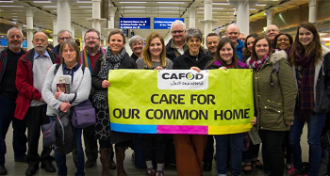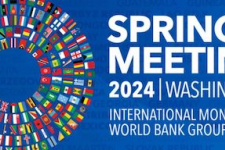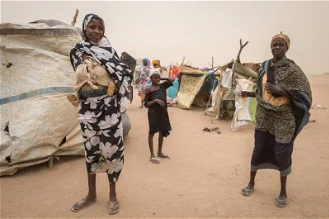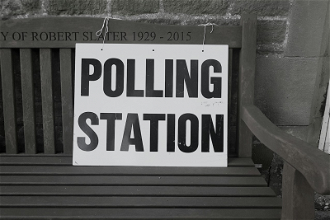Paris blog 11: Crossing borders

CAFOD delegation at St Pancras
A CAFOD group arrived in Paris today to support strong climate action at COP21. They are picking up the Paris blog on ICN. The first blog is from Sarah E Hagger-Holt, of CAFOD Campaigns.
840,000: it's a massive number. So big that I find it hard to comprehend. It's more than twice the population of Bristol; more than Wembley stadium filled nine times over.
It's also the number of people who had signed the global Catholic climate petition when it was presented to UNFCCC Executive Secretary Christiana Figueres at the start of the talks. Thousands more people have been adding their names each day since.
Even within our small CAFOD group, who arrived in Paris today to bear witness as the UN climate talks reach their conclusion, there's huge diversity. Each of us has our own unique story and our own reasons for wanting to speak out about the need for action on climate change. From a priest whose Cumbrian parish has been flooded this week, to a student of global ethics who wants to see how politics works in practice; from a Sister shaped by her time working with poor communities in South Africa, to a grandfather who's concerned for generations to come.
We've already begun to share ideas, inspiration and strategies for change, with campaigners from Catholic organisations across Europe and North America who have also gathered here in Paris.
Tonight we packed into a hot basement room and shared experiences and images from the climate marches that had taken place in our own countries in recent weeks. The stories we heard were a testament to the creativity and determination of climate activists.
In Canada, they marched in the snow. In Spain, they danced in the streets. In Belgium, they refused to give up.
Over 10,000 Belgian campaigners had initially planned to travel to Paris to join the French march on 29 November. But it was banned, in response to the terrorist attacks a few weeks earlier. So they regrouped, and planned to march in Brussels instead. This march too was banned for security reasons. So a third march was proposed, this time in the coastal city of Ostend. Again, banned. And so the world's first indoor climate march was born. In homes across Belgium, people marched from their living rooms to their kitchens, with placards and banners, and posted their pictures on social media. Nothing was going to silence these campaigners.
Pilgrims who had crossed Europe on foot shared stories of what had moved and inspired them most about their journeys. It was not the number of kilometres travelled or the numbers of days on the road - although both of these were impressive figures - it was invariably the encounters they had with people along the way. Each person doing their bit to spread more love in the world.
As one German pilgrim said, it was important for them to cross borders because climate change also crosses borders. It is important for us too.
I hope we'll be sharing more than stories over the next few days. We'll share food and friendship and, despite our differences and halting attempts to speak each other's languages, we will come away knowing that we are all part of the same struggle and that we all share the same hope.
Of course, diversity is not always strength. One reason why a global climate agreement is so hard to secure is that they are huge differences between the interests of the countries negotiating - and huge differences of power and influence.
Domestic political and economic contexts vary enormously. A good deal for the USA looks very different to a good deal for Niger or for Tuvalu. Levels of inequality within countries also mean that national negotiators can end up representing the interests of the rich few, rather than their own most marginalised and vulnerable communities. Overcoming these differences is the biggest challenge of the talks. We'll only know when the week ends how successful this has been.
Each one of the 840,000 people who signed the Catholic petition, or any of the other global petitions, is more than just a number. Each is an individual, with his or her own reasons for signing. What makes these petitions so powerful is that they are genuinely global. They cross the borders between countries and cross the divide between North and South, and they show that this is one issue that affects us all.
This is a message that the negotiators, whose main focus will be their own national interest, desperately need to hear as the quest for an agreement becomes increasingly urgent in the final days of the talks.





















